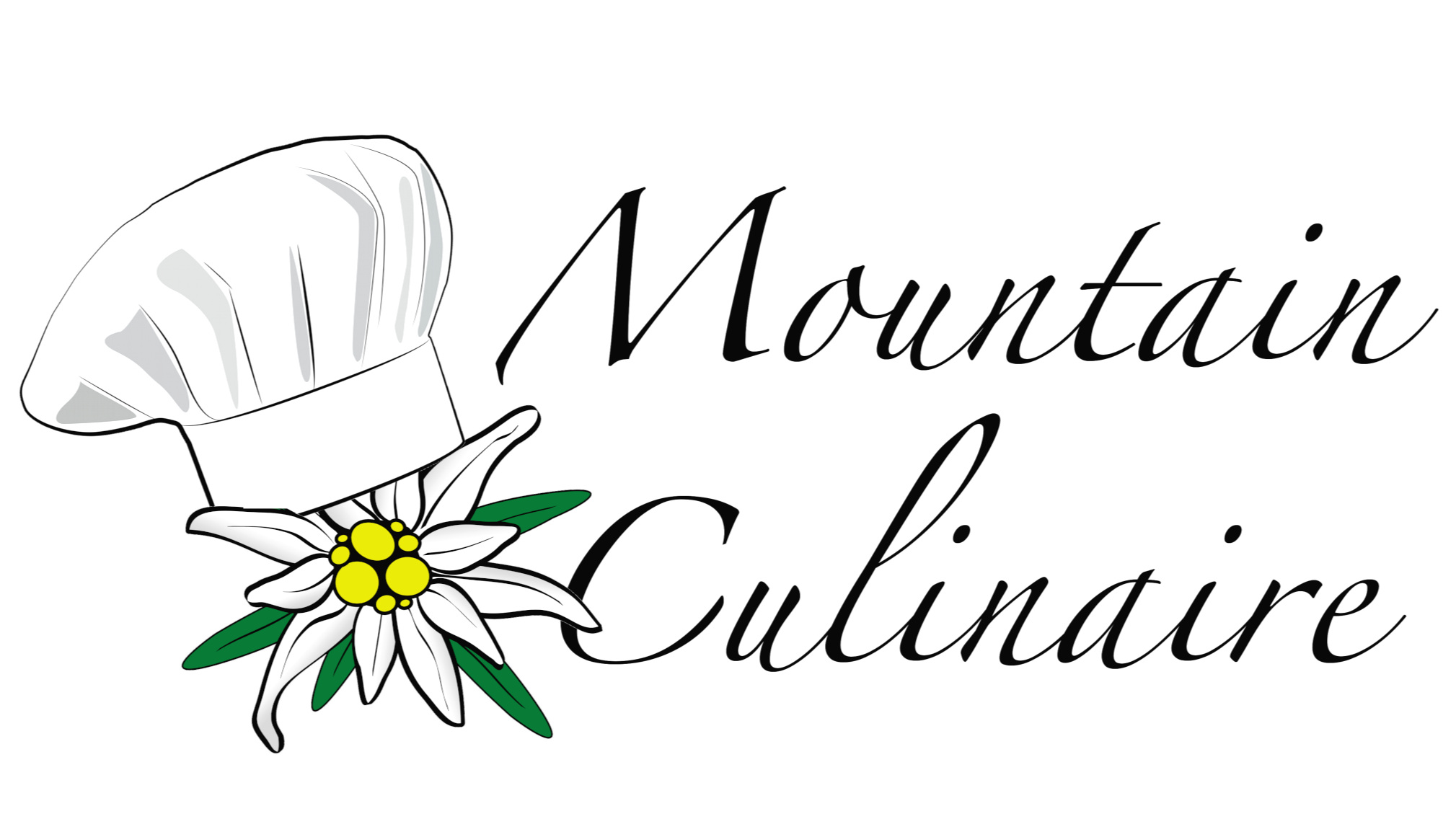Refresh Surfaces with Citrus
Citrus fruits are not only delightful to have around because of their refreshing scent, but they can be workhorses in the kitchen. Yes, they are nice additions to meals, but their usefulness extends well beyond meal preparation. Here are a few ways in which I like to use citrus for cleaning up smells and residues from cooking. Any type will work, including the most common of orange, lemon, lime, and grapefruit. Orange and lemon are perhaps the most versatile—just as in cooking—plus you may be more likely to have them on hand already.
In the garbage disposal
Save a few pieces of rind whenever you prepare citrus fruits for consumption, and place them under the flaps covering your garbage disposal. After your meal and dishes are finished, letting several small chunks run through your garbage disposal {with the motor engaged} is a wonderful way to clean it as well as rid it of any pungent odors. {I first learned this idea from a friend, a single dad who showed me that citrus peels are the perfect answer to unpleasantly-aromatic garbage disposals. Now I always try to use them after dirty dishwater or whenever I cleanse my kitchen sink.} If you anticipate preparing spicy meals later the same week, refrigerate extra citrus peel in a container to use in the garbage disposal after those meals. Citrus peel is such a great thing to use for counteracting odors from onions, garlic, cabbage, intense spices, strong-tasting meat, and more. While these foods taste good while they are fresh and warm, hardly anyone would want their odors to linger long on surfaces around the kitchen. Citrus is the perfect antidote, and utilizes part of the fruit that might otherwise go to waste. {Another thing I often like to do so as not to waste rinds is to buy organic citrus fruit, washing it first, then zest the peel, letting the peel air dry on a plate, for use in other recipes such as baked items. Citrus peels can also be buried in landscaping to discourage pets from burrowing.}
At the bottom of the garbage bin.
Citrus essential oil dropped onto a paper towel is a pleasant way to refresh the interior of a garbage container. The oiled paper towel can be left at the bottom of the bin, underneath a new bag that is inserted. While essential oils used in this way are not likely strong enough to counteract the odors and decaying of the garbage, it will at least keep the can, if there is any plastic involved, from capturing too many permanent odors from garbage.
For cleansing countertops
My husband made this style of surface cleaner long before we married, and our essential oil cleaner is still in his original bottle which was recycled from its prior life holding a car-cleaning product. :) I believe the bottle says “wheel cleaner” in large capital letters… There are many recipes for essential oil cleaners, but an easy method is to put about a half-cup of white vinegar in a spray bottle, then 10-20 drops or enough of a citrus essential oil or citrus essential oil blend to cover the vinegar scent, and then fill the rest with distilled or filtered water. This is a great mixture to spritz on the counters after cooking or during cleaning the kitchen, in order to remove odors or oily spots, refresh the air, and lightly sanitize the surface. {Vinegar and citrus oils are naturally antibacterial but they are not super-strength disinfectants.} Still, citrus oils and white vinegar are plenty strong for most household needs. The great thing about this spray is that is does not need to be rinsed off; it is 100% food-safe, natural, and even great-smelling.
On pans that need to be scrubbed
I have noticed that whenever citrus, vinegar, wine, tomato, or anything acidic has been added to food such as a pan sauce or braised meats, the pan always washes more easily afterward. I always love seeing a completely shiny surface, as if the pan was brand new. Even when acidic mediums have not been used in food preparation, they are a great tool for cleaning messy dishes afterward. I am not sure of all the chemical processes taking place for this to happen; however, in the cookbook SALT FAT ACID HEAT, author Samin Nosrat describes that acid encourages proteins to coagulate; that acid tenderizes meat proteins, causing protein strands to uncoil or unfold; and acid helps to break down collagen. I presume this is what is happening when citrus helps dissolve meat residue that has been solidified onto a stainless steel pan. For any cooked-on food remnants that are of a protein nature, I always pour a bit of citrus juice or white vinegar {less expensive but not as refreshing to smell} into the pan while I am scrubbing it. A pan can also be left to soak with a a bit of vinegar or citrus and then filled with water. Soap and water work well for letting pans soak after preparing a bakery item, but acid and water work the best for soaking pans that have cooked meats or other proteins.
I hope these have given you some helpful ideas for cleaning your kitchen from odors, grease, bacteria, stuck-on proteins, and really most manner of residue. The kitchen will have a lovelier fragrance as a result—though natural citrus is not a heavy or lingering smell if somehow it is not a favorite aroma to you.
